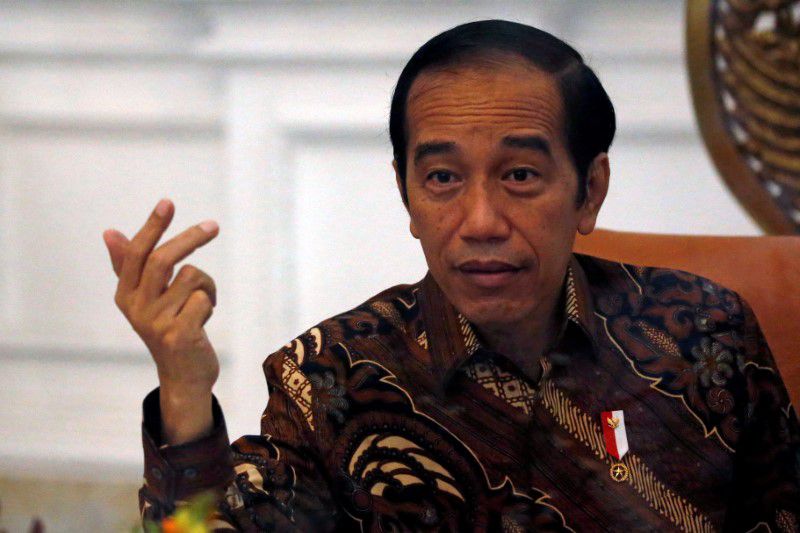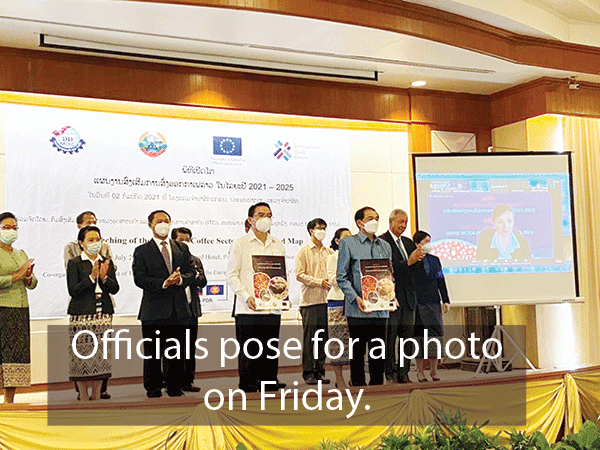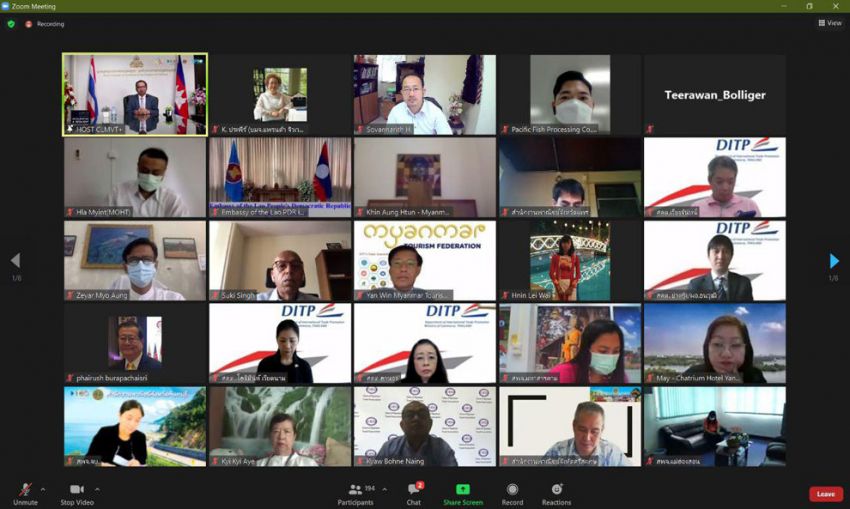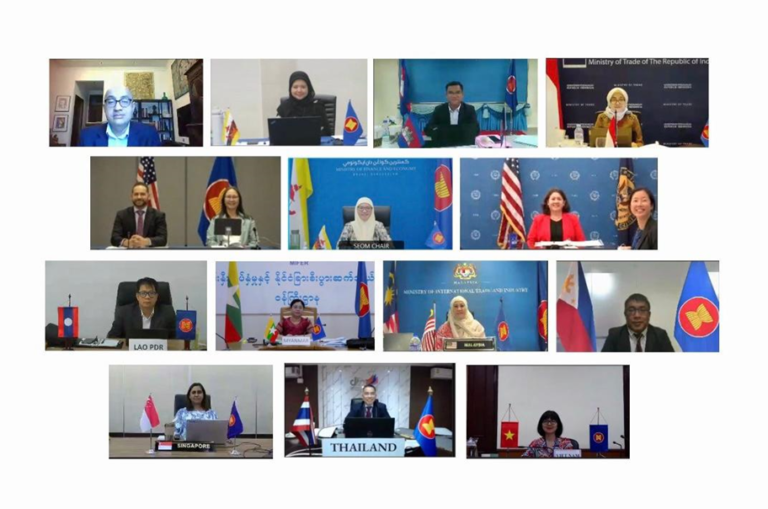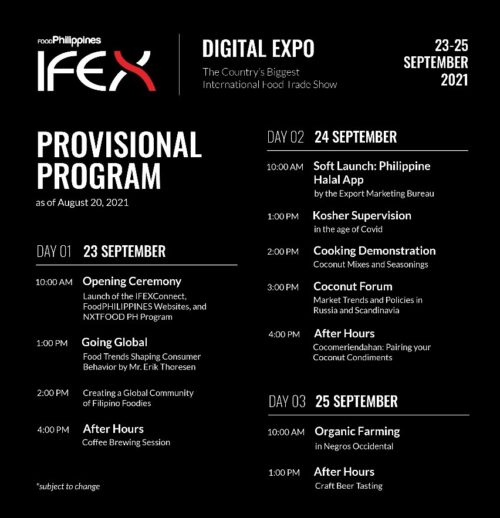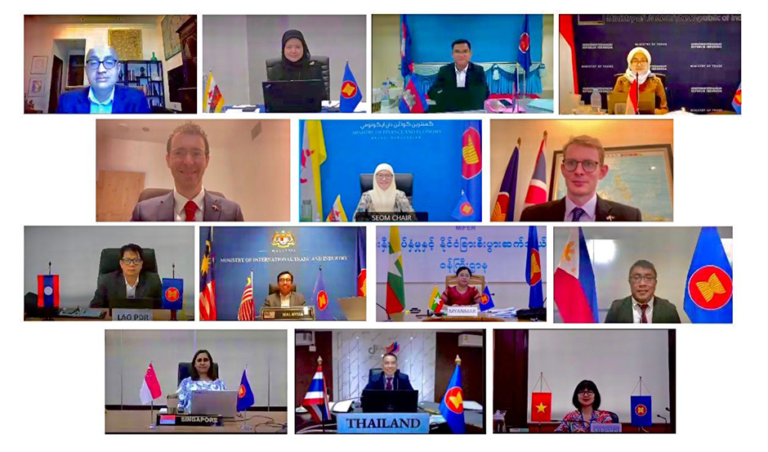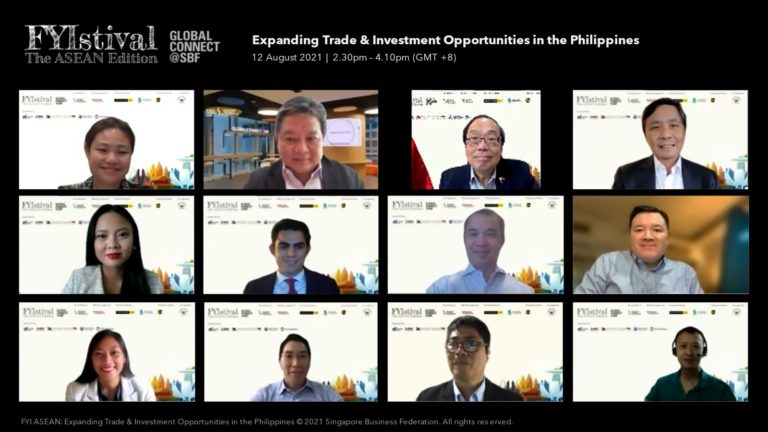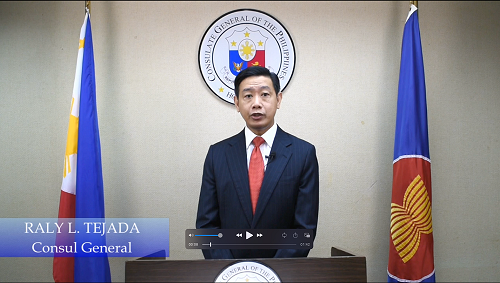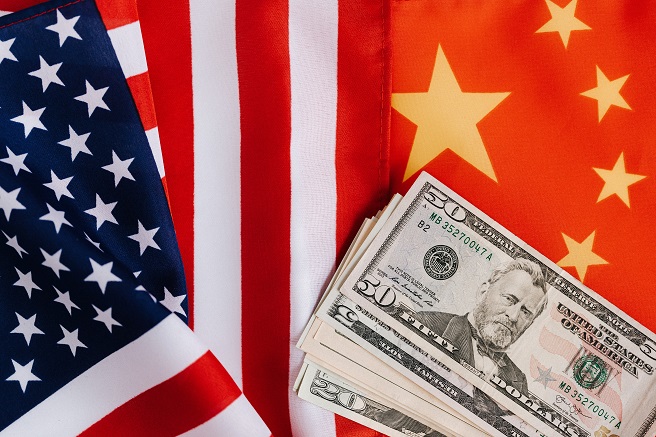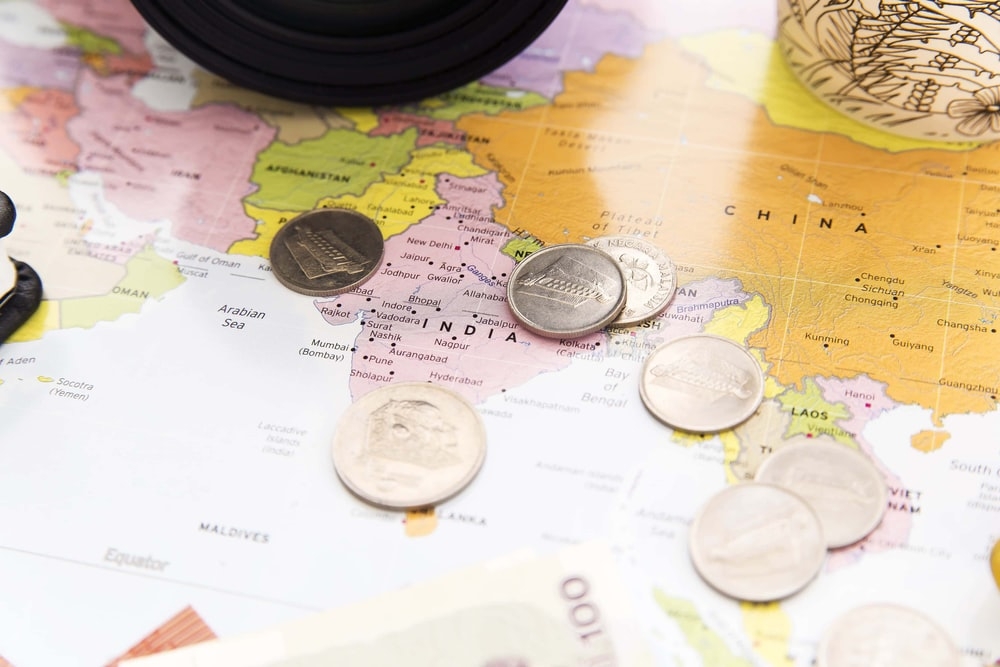The Singapore Business Federation, supported by the Philippine Embassy in Singapore, urged Singaporean investors to explore investment and partnership opportunities in the Philippines in a webinar entitled “FYIstival: Expanding Trade and Investment Opportunities in the Philippines” held last 12 August 2021.
“Singapore has traditionally been one of the Philippines’ major investment sources. In 2019, Singapore ranked as our top investment source, with total approved investments of USD3.4-B. Last year, despite the COVID-19 pandemic, investments still amounted to almost P10.0-B or USD201M, making Singapore our fourth top investment source,” Joseph Del Mar Yap, Philippine Ambassador to Singapore said.
The webinar highlighted policy reforms to create a more open economy and attract more investors, including the Corporate Recovery and Tax Incentives for Enterprises (CREATE) Act.
“We see the CREATE law as rationalizing the grant and administration of incentives given to investors. Where before we had disparate and even confusing pockets of incentive packages offered by different investment promotion agencies, we now have a more or less harmonized, straightforward, easier to understand set of incentives that will help to not only bring down investors’ cost of doing business but also allow them to tap the country’s 108-million market,” said Department of Trade and Industry (DTI) Assistant Secretary Nicanor Bautista, who currently heads DTI’s Foreign Trade Service Corps (FTSC).
Bautista added that CREATE was not designed to be the end-all and be-all of investment promotion but to complement and reinforce the country’s highly skilled, talented, young workforce, a progressively modern infrastructure, much-improved connectivity, a huge middle-income market, and a strong relationship with Singapore’s financial, health, and life sciences, telecoms, manufacturing, and energy sectors.
Carla Grepo, Commercial Counsellor-designate at the Philippine Trade and Investment Center (PTIC) – Singapore, also shared that the CREATE Act reduces the corporate income tax rate by 5%, to 25%, for foreign investors. Other salient features of the CREATE Act are: removing export and nationality bias that used to limit foreign-owned enterprises from both enjoying incentives and selling to the domestic market; and granting the President with the flexibility to grant incentives for strategic investments.
Grepo explained that Singaporean investors can likewise look forward to upcoming policy reforms relaxing restrictions on foreign investment in key sectors of the economy, including amendments on the Retail Trade Liberalization Act, the new Public Service Act, and Foreign Investments Act.
Economic Growth Engines
In the first quarter of 2021, Singapore ranked as the number one source of net foreign direct investment (BOP concept) for the Philippines, at USD 492.4-M, posting a 480.9% growth.
Bautista shared that the Philippine government is prioritizing investments into food production, food processing, advanced manufacturing, particularly those utilizing industry 4.0 technologies, infrastructure development including power and telecommunications, data centers or hyperscalers, healthcare, personal protective equipment (PPE) manufacturing, and pharmaceuticals, particularly those in vaccine co-manufacturing.
Anna Rellama, Director and Philippine Country Manager of advisory firm YCP Solidiance, also shared that consumer health, e-commerce, energy, construction, and infrastructure are potential areas of interest for foreign investors given their resilience during the pandemic.
To grow these critical industries, Philippine conglomerates forged and strengthened ties with foreign partners, including those in Singapore, pooling their capital and business know-how.
Ayala Corporation, the country’s oldest conglomerate, has strong ties with Singapore. Telco giant, Singtel Group, is a major shareholder in Ayala’s telecommunication unit, Globe, where it owns 20.07% of total outstanding shares as of 30 June 2021. GIC, Singapore’s sovereign wealth fund, recently bought a 17.5% stake in AC Energy, Ayala’s renewables unit.
“While Globe and Singtel seem to be a match of technical capabilities and local market knowledge, AC Energy Corp. (ACEN) and GIC, I see, is really a match of ambition and values – ambitions on a regional scale and values on sustainable contributions in power generation,” said Jaime Alfonso Zobel de Ayala, Head of Business Development and Innovation at Ayala Corporation.
Beyond equity-based partnerships, Ayala is also working actively with startup enablers in Singapore to capture opportunities in emerging technologies.
Singapore Exchange (SGX)-listed Keppel Infrastructure Trust (KIT) partnered with Philippine Stock Exchange (PSE)-listed Metro Pacific Investments Corporation (MPIC) in 2020 to acquire Philippine Coastal Storage & Pipeline Corporation, the country’s largest independent petroleum products import storage facility located in Subic Bay. “We are looking for more partnerships with Singaporean companies. We are exploring areas, for example, at food security. We’ve ventured into logistics and recently also into Telemedicine. We’ve looked at rail opportunities in the past with Singaporean rail related companies. We are always open to business with Singaporean based enterprises, even with smaller companies, as long as their business has strong scalability potential,” said Karim Garcia, Vice President for Business Development at MPIC.
From the Singapore side, foreign investors looking to expand to the Philippines should take the time to shortlist local partners to streamline their market entry, recommended Rellama of YCP Solidiance.
Eric Leong of steel provider Mlion Corporation and Mervin Toh of tech firm OPSolutions shared their experience as Singapore small and medium enterprises (SMEs) doing business in the Philippines. Both echoed the importance of finding a local partner, which accelerated their growth.
Additionally, SMEs may look into affordable credit options, like trade finance, and work with corporates to reduce lending costs and defray risks, suggested Joel de Vera, Executive Director, Senior Trade Sales, Transaction Banking at Standard Chartered Bank Philippines.
Over 200 companies from Singapore and the region, across multiple sectors, such as manufacturing, wholesale trade, retail, and service sectors attended the “FYIstival: Expanding Trade and Investment Opportunities in the Philippines.” ♦
Date of Release: 18 August 2021
For the original release, please click here.


